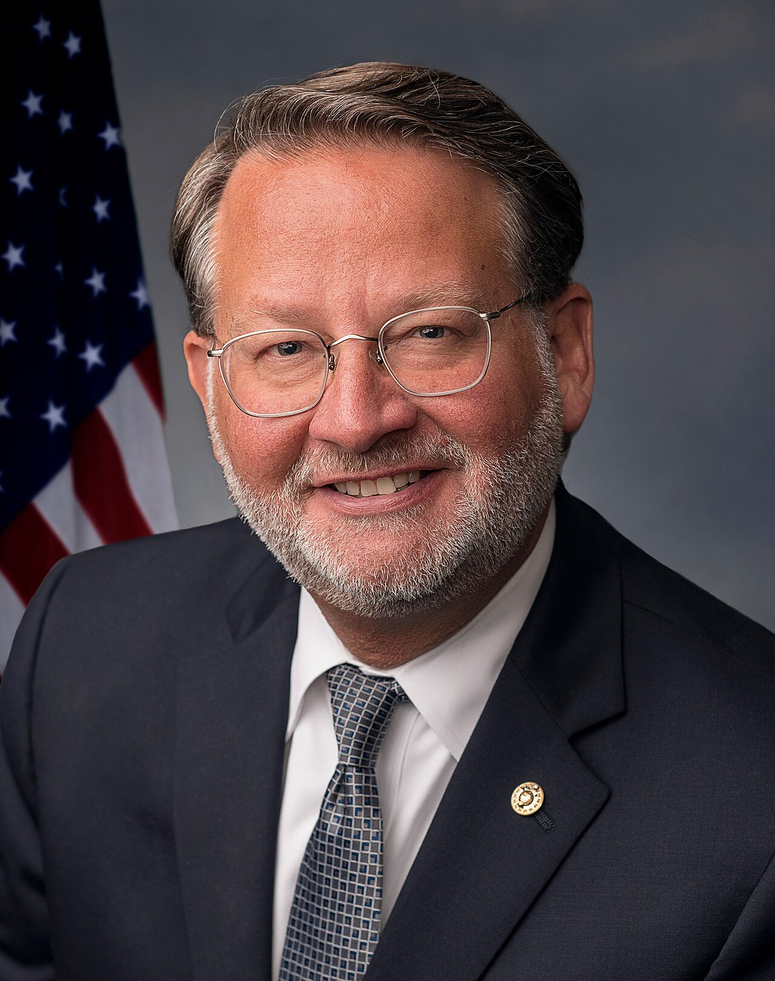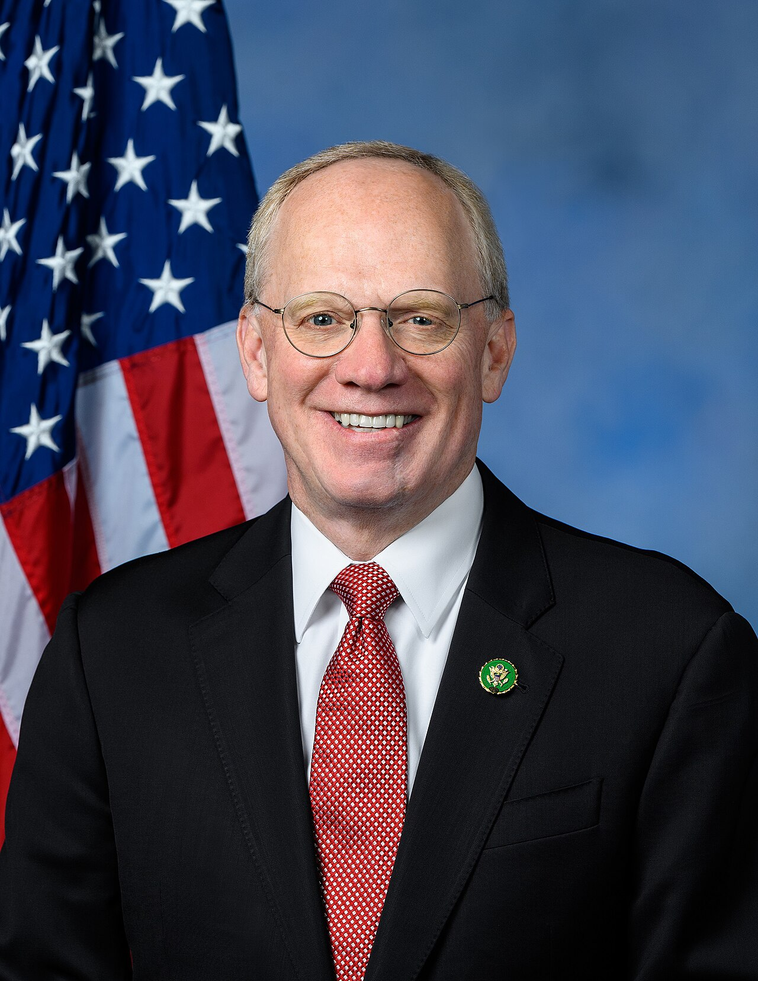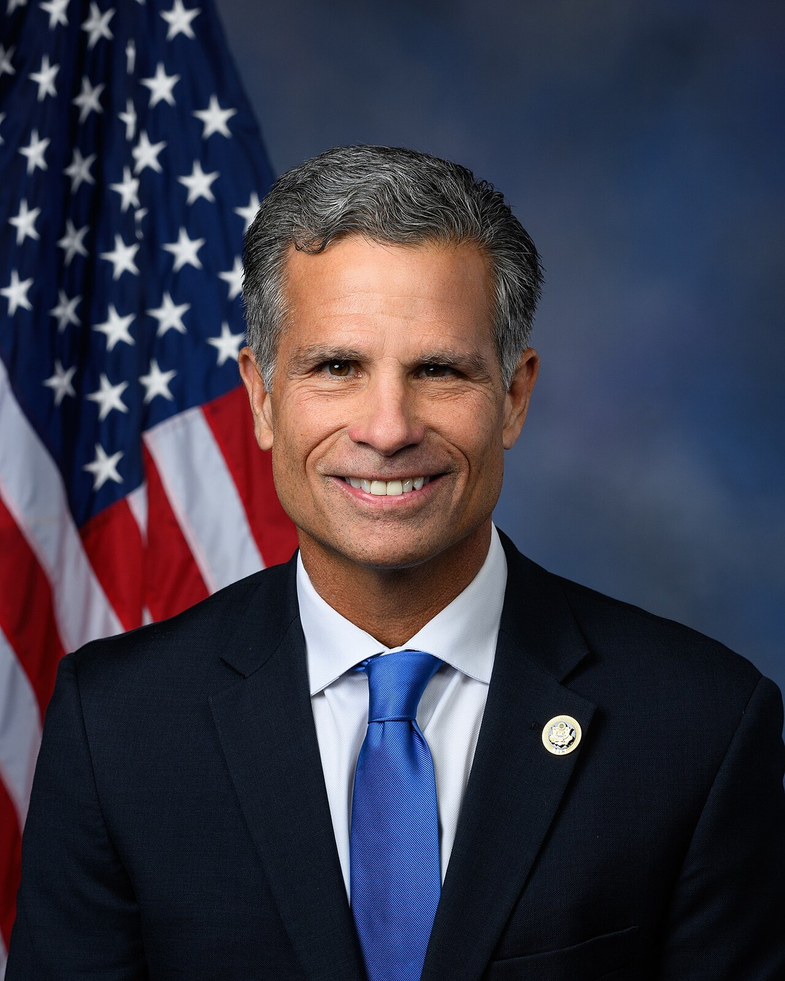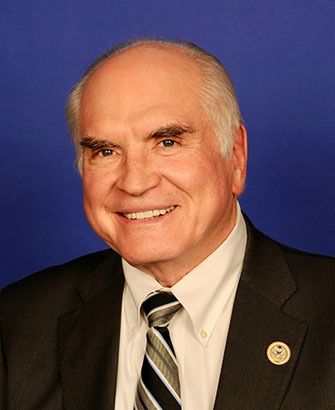H.R. 3562: Disrupt Explicit Forged Images And Non-Consensual Edits Act of 2025
This bill, known as the Disrupt Explicit Forged Images And Non-Consensual Edits Act of 2025 (DEFIANCE Act), aims to address issues related to the creation and distribution of non-consensual, sexually explicit digital forgeries, commonly referred to as deepfakes. It recognizes the profound harm such digital forgeries can cause to individuals, particularly when their likeness is manipulated without consent to depict intimate or sexually explicit scenarios.
Key Provisions of the Bill
1. Definition of Intimate Digital Forgery
The Act defines an "intimate digital forgery" as any manipulated visual depiction of an identifiable person that falsely represents either that person or their conduct in a sexual context. This includes images created using technologies such as software or artificial intelligence that cannot be easily distinguished from authentic depictions when viewed as a whole.
2. Civil Actions for Victims
The bill allows identifiable individuals harmed by these forgeries to file civil lawsuits against anyone who creates, possesses, or discloses these forgeries without their consent. The Act outlines several key aspects:
- Consent: It emphasizes that the production or disclosure of such forgeries without the consent of the individual depicted is unlawful.
- Legal Recourse: Victims can seek remedies in court, including compensation for damages, which can amount to $150,000 or up to $250,000 in cases linked to actual or attempted sexual crimes against them.
- Costs: Plaintiffs can recover costs related to their legal action, including attorney fees.
- Punitive Damages: Courts may award punitive damages or issue injunctions against the continued use or distribution of such materials.
3. Privacy Protections
The Act includes provisions to protect the privacy of plaintiffs, allowing them to use pseudonyms and ensuring that personal identifying information is kept private during legal proceedings.
4. Statute of Limitations
Individuals have up to ten years to file a lawsuit from the time they discover a violation, or until they turn 18 if they were minors at the time of the incident.
5. Interaction with Existing Laws
The Act clarifies that it does not negate or limit existing federal, state, or tribal laws regarding the disclosure of intimate images or digital forgeries. States can enact more robust protection if desired.
6. Severability Clause
A severability clause ensures that if any part of this law is found to be unconstitutional, the other provisions will still remain effective.
7. Rule of Construction
The Act explicitly states that it should not be interpreted to limit any existing laws regarding intellectual property rights.
Relevant Companies
- GOOGL - Google: As a major provider of platforms for video and image sharing (YouTube), this company may face increased scrutiny and potential legal challenges due to user-uploaded content that could include non-consensual forgeries.
- FB - Meta Platforms: With platforms like Facebook and Instagram, any failure to adequately mitigate non-consensual forgeries may lead to increased liability and enforcement actions.
- TWTR - Twitter: Similar to other social media platforms, Twitter might see implications regarding user-generated content that violates this law, potentially requiring more stringent content moderation policies.
This is an AI-generated summary of the bill text. There may be mistakes.
Sponsors
22 bill sponsors
-
TrackAlexandria Ocasio-Cortez

Sponsor
-
TrackKat Cammack
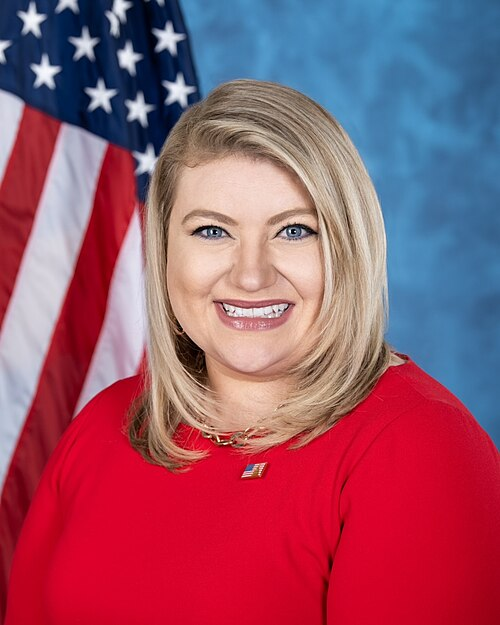
Co-Sponsor
-
TrackMike Carey
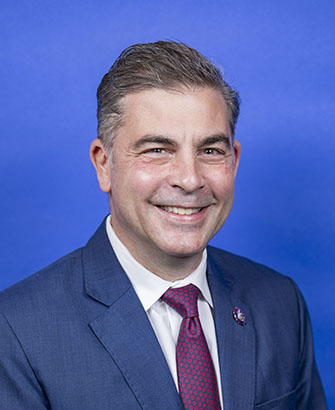
Co-Sponsor
-
TrackJ. Luis Correa
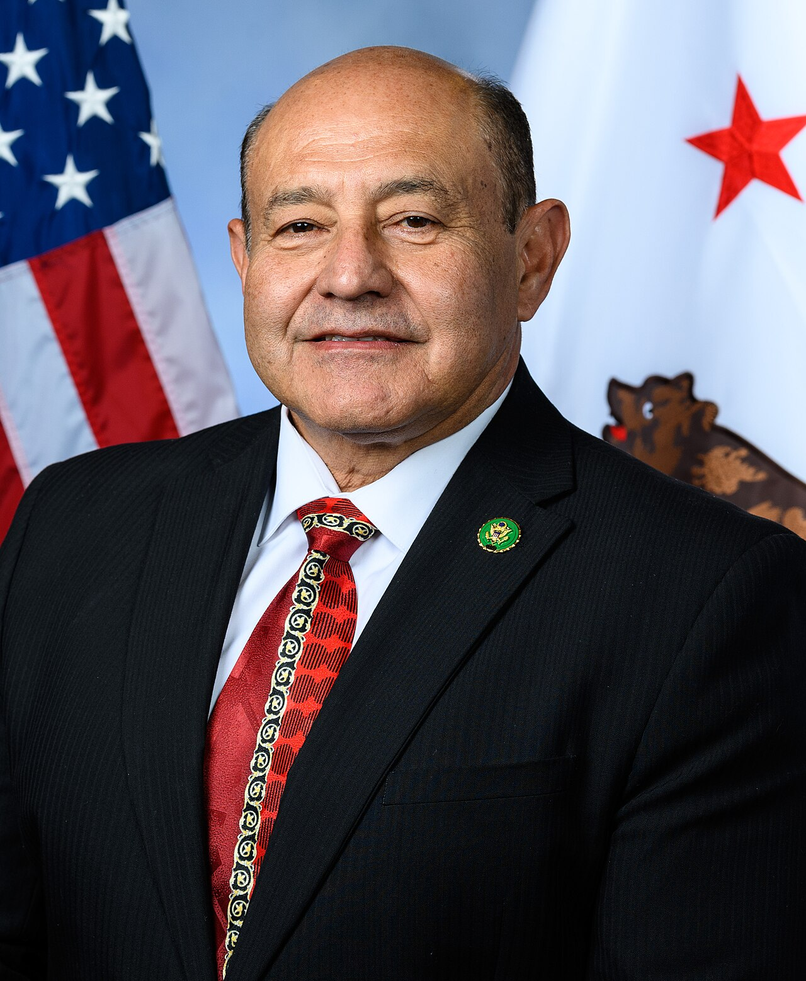
Co-Sponsor
-
TrackJasmine Crockett
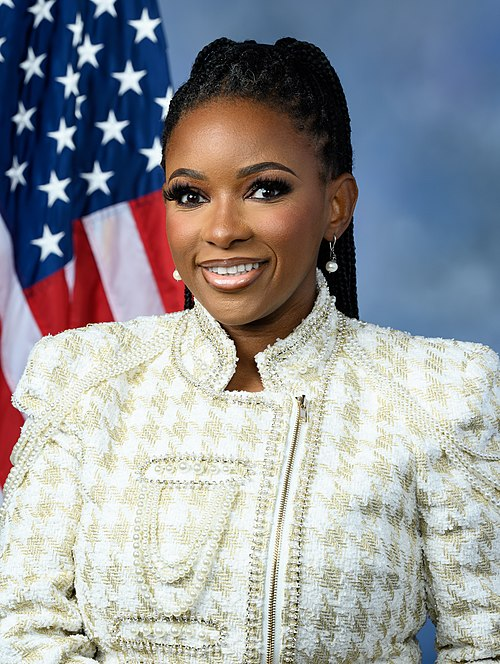
Co-Sponsor
-
TrackChristopher R. Deluzio
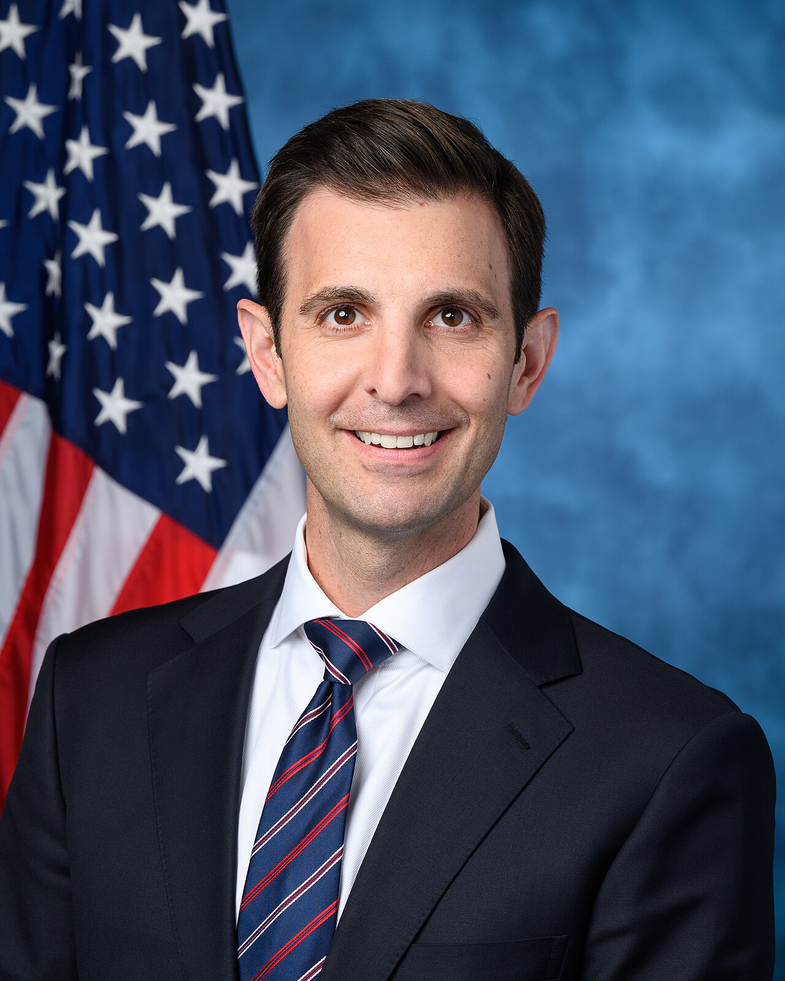
Co-Sponsor
-
TrackDebbie Dingell

Co-Sponsor
-
TrackChuck Edwards
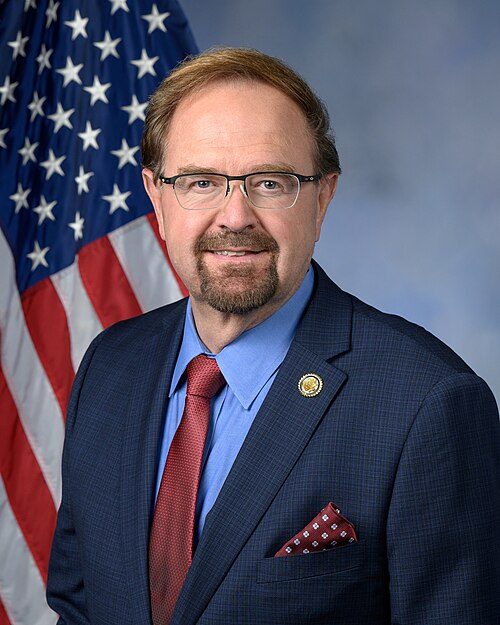
Co-Sponsor
-
TrackBrian K. Fitzpatrick
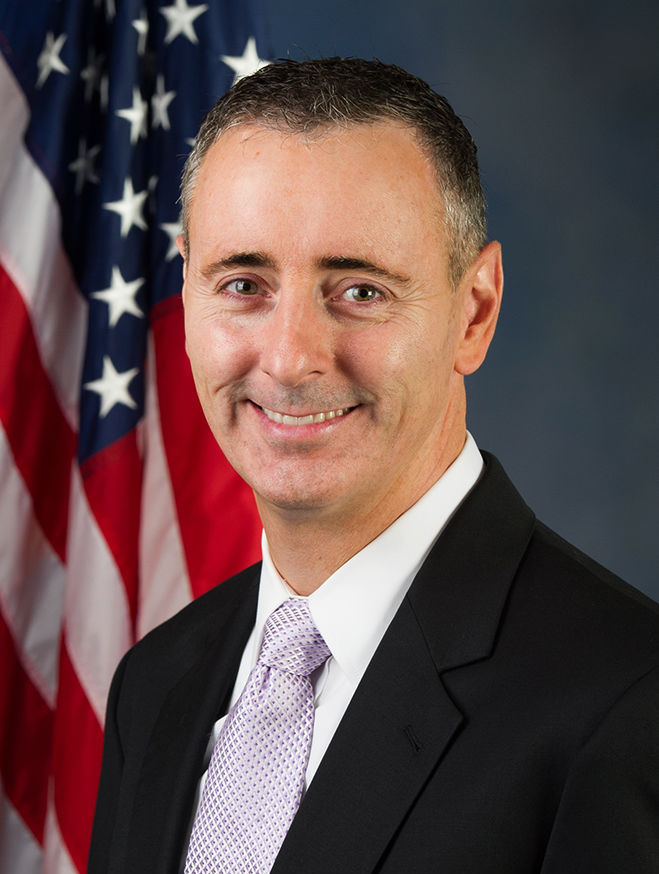
Co-Sponsor
-
TrackJosh Gottheimer

Co-Sponsor
-
TrackJosh Harder
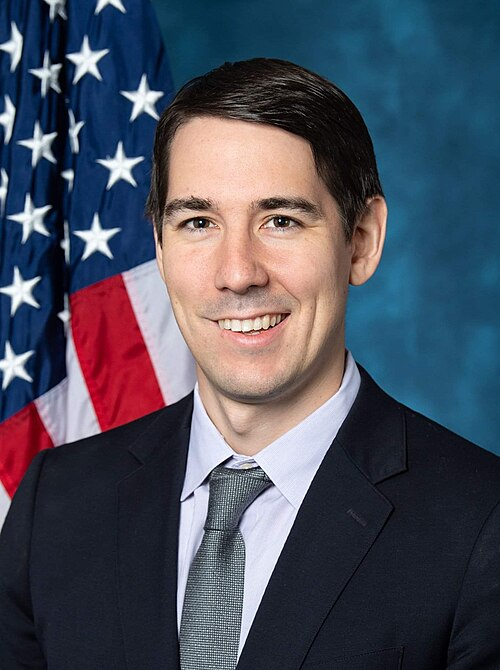
Co-Sponsor
-
TrackMichael Lawler
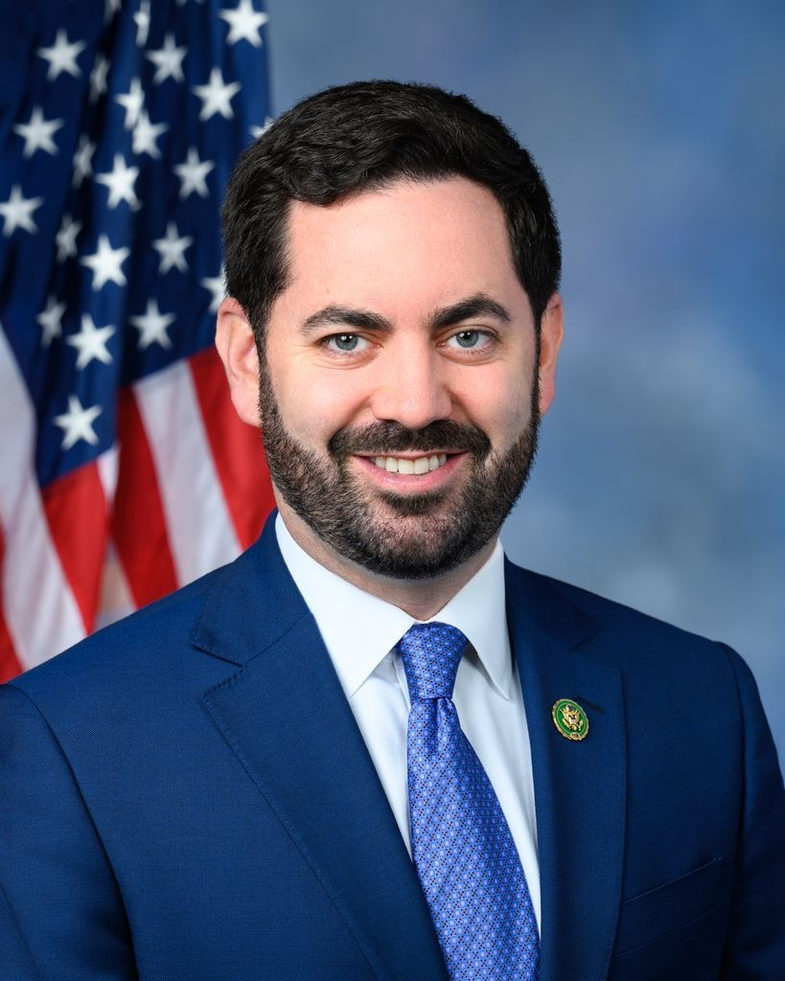
Co-Sponsor
-
TrackLaurel M. Lee
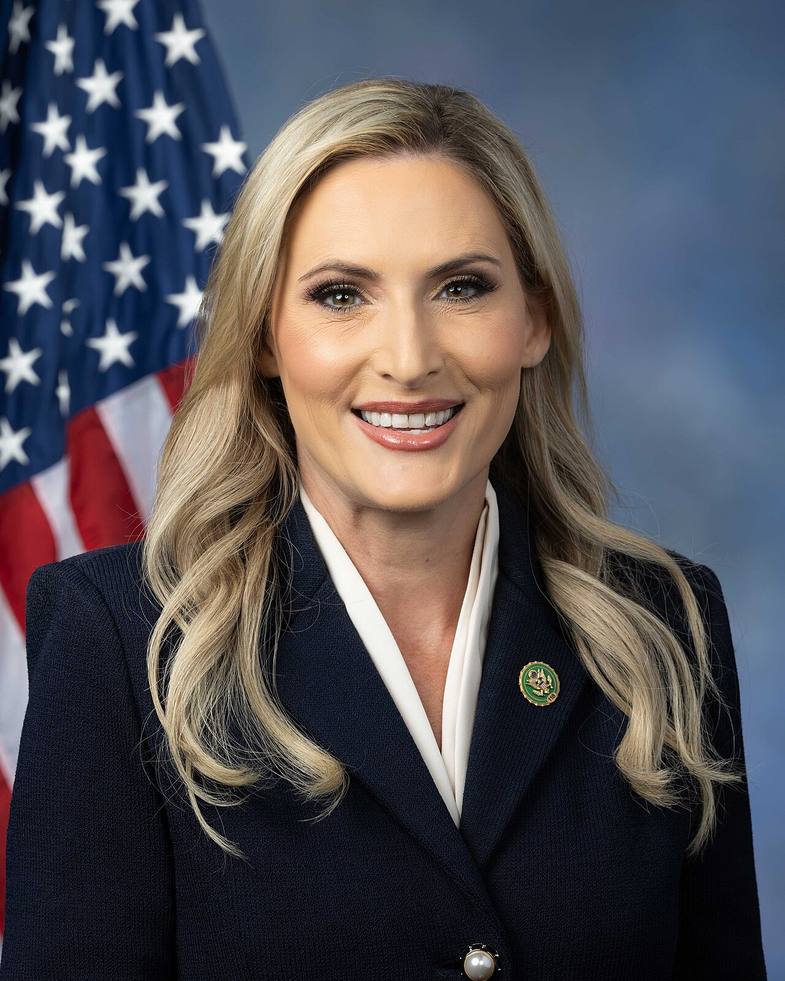
Co-Sponsor
-
TrackTed Lieu
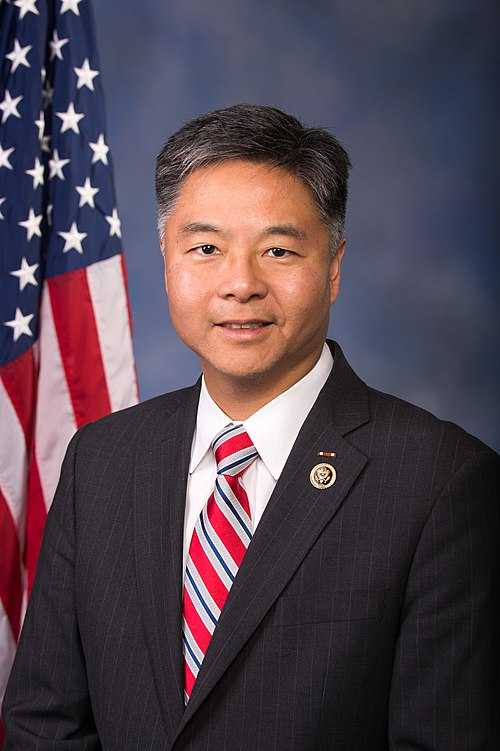
Co-Sponsor
-
TrackNancy Mace
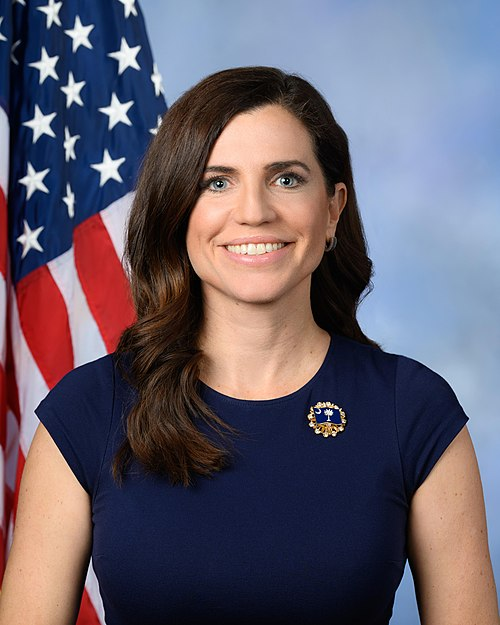
Co-Sponsor
-
TrackNicole Malliotakis
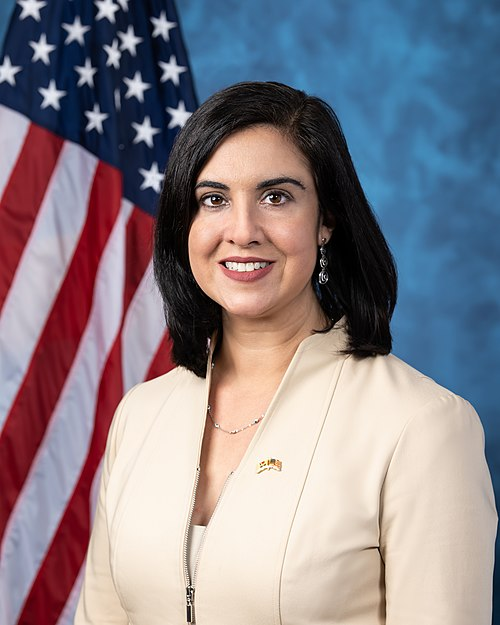
Co-Sponsor
-
TrackMax L. Miller
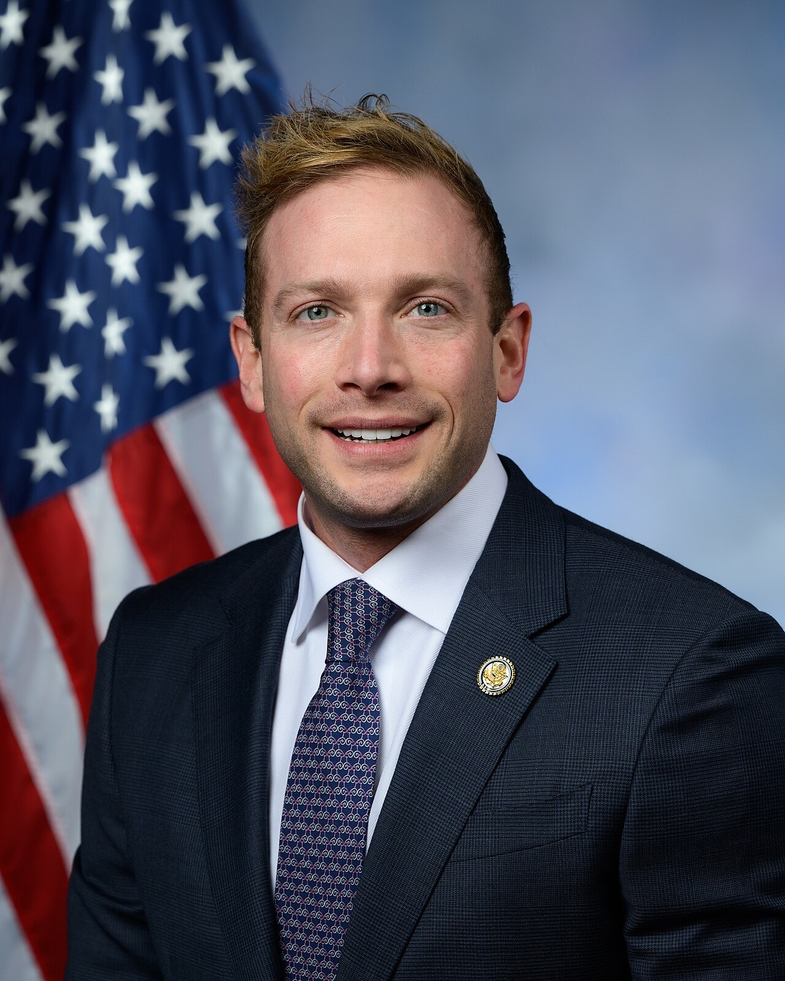
Co-Sponsor
-
TrackBrittany Pettersen
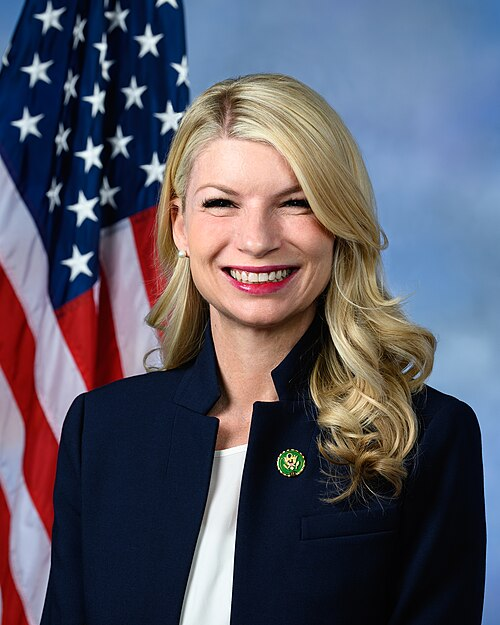
Co-Sponsor
-
TrackJamie Raskin
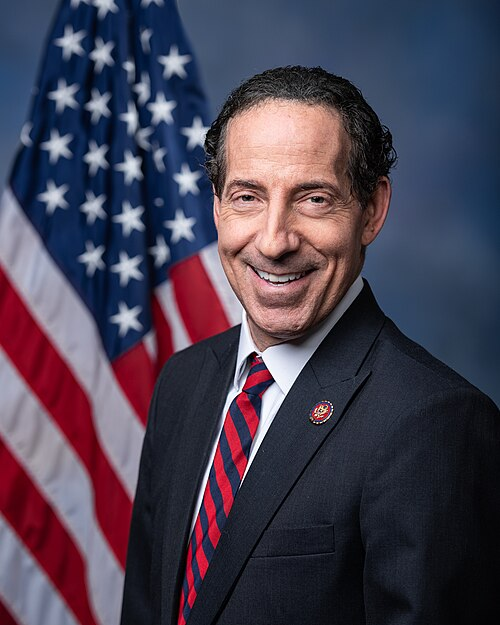
Co-Sponsor
-
TrackClaudia Tenney

Co-Sponsor
-
TrackJefferson Van Drew
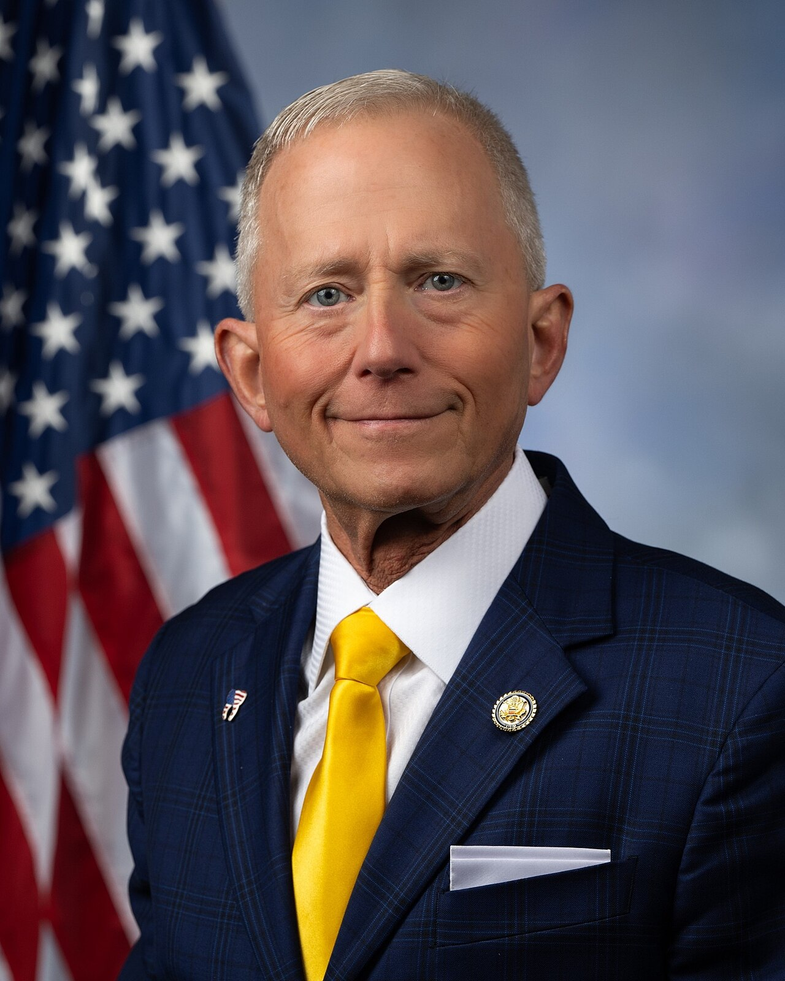
Co-Sponsor
-
TrackNydia M. Velázquez
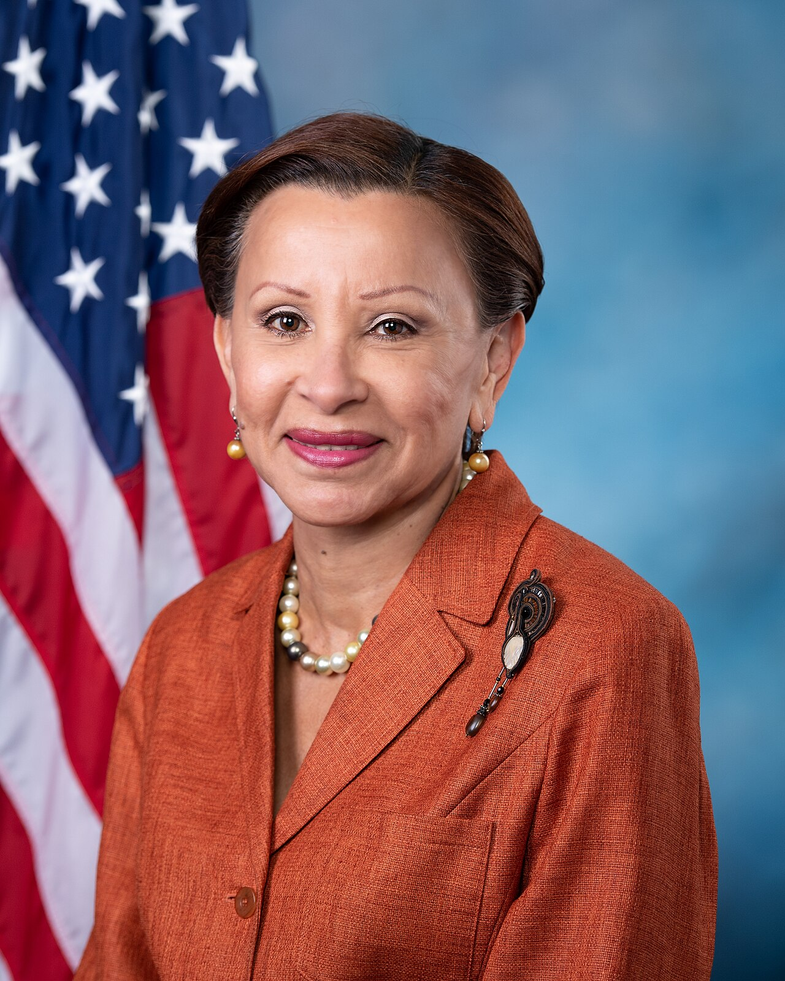
Co-Sponsor
Actions
2 actions
| Date | Action |
|---|---|
| May. 21, 2025 | Introduced in House |
| May. 21, 2025 | Referred to the House Committee on the Judiciary. |
Corporate Lobbying
1 company lobbying





